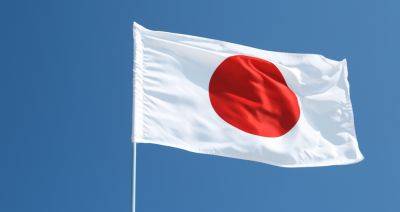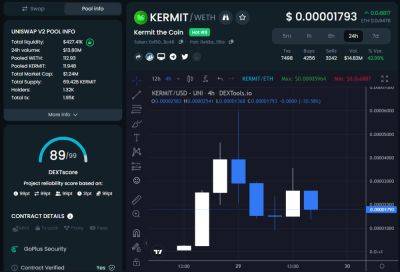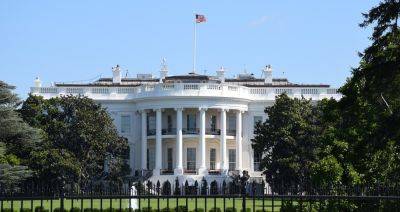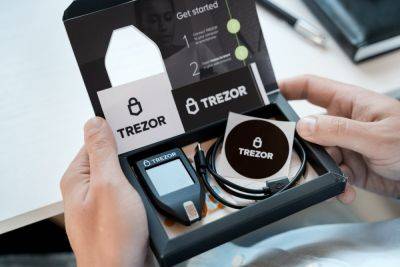Japan’s crypto Anti-Money Laundering measures to start in June: Report
Lawmakers in Japan have decided to enforce stricter Anti-Money Laundering (AML) measures to trace cryptocurrency transactions from June 1.
On May 23, the Japanese parliament made the decision to roll out tougher AML procedures from next month, according to a report the same day from local media outlet Kyodo News.
The move aims to bring Japan’s legal framework in line with global crypto regulations.
Lawmakers revised the AML legislation in December after it was deemed insufficient by the international financial watchdog, the Financial Action Task Force (FATF).
According to reports, a vital feature of the new measures is the enforcement of the “Travel Rule” to keep a more accurate track of criminal proceeds.
The travel rule requires any financial institution processing a crypto transfer greater than $3,000 to pass on customer information to the recipient exchange or institution. The data should include the name and address of the sender and recipient and account information.
The Travel Rule was discussed by global leaders in mid-May at the G7 meeting held in Japan, with the G7 Committee clear in its support of the Travel Rule for crypto transactions.
It supported FATF initiatives on accelerating global standards for crypto “including the ‘travel rule’, and its work on emerging risks, including from DeFi arrangements and peer-to-peer transactions.”
“G7 countries should lead by example and regulate the crypto sector so that no safe havens exist for illicit crypto transactions”#FATF President T. Raja Kumar´s message to #G7 leaders ahead of the summit in JapanRead article: https://t.co/l1OTdjGgLY: https://t.co/GqHhVwoqY9 pic.twitter.com/uDurg1QSDu
Japan was one of the early adopters of crypto, legalizing it as property. Crypto
Read more on cointelegraph.com





















